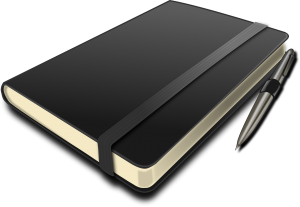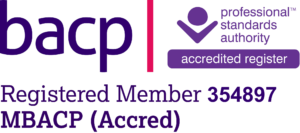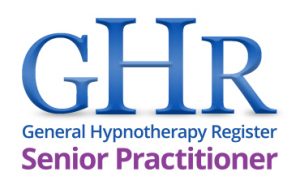Five reasons to keep a creative journal

Have you ever kept a diary? Full of secrets and hidden under your bed? Many of us have kept a written diary, particularly in our teenage years – and for very good reasons.
Keeping a journal can be therapeutic – it may not solve all your problems, but there is evidence that shows how beneficial it can be to your physical, psychological and emotional wellbeing. There are many different and creative ways to keep a journal, and this series of blogs will explore and suggest ideas to help you start.
Here are 5 reasons to keep a creative journal.
- Get to know yourself better. You can use your journal to get to know yourself and your inner world, exploring your thoughts and feelings, and noticing patterns in your behaviour. By regularly journaling, you can become more aware of what helps to make you happy and confident, and also what brings you down.
- Reduce stress and anxiety. Our brains are ‘hardwired’ to take note of negative events and threats to our wellbeing. By externalising difficult events and emotions to your journal, your brain can process them more effectively and rationally, and not get ‘stuck’ in a cycle of anxious thinking style.
- Improve your immune system. Reducing stress impacts on the immune system, and research has shown that journaling can strengthen the immune system. Other studies have shown how journaling can have significant benefits for people living with chronic health conditions, such as fibromyalgia, rheumatoid arthritis, asthma and chronic pain.
- Develop your emotional intelligence. By understanding yourself more, you can start to relate to others better. Journaling can help you to increase your empathy towards others and to understand their point of view.
- Solve problems more effectively, using a divergent mindset. Using your creative mind can help you to see problems in a different way, and use new capabilities to come up with solutions.
.jpg)
How to start journaling.
The first thing to know about journaling is that there are no rules, no judgement and no censors. Your journal can be your best friend and your therapist. I’ll be exploring some ways of using your journal in a series of weekly blogs, but here are some tips to get you started:
- Choose a journal that you love. You can use anything you want – including an old book that you can repurpose – but put some thought into it. What size is going to be best for you? Thickness of the pages – particularly important if you’re going to be using paint? Front cover – do you want to decorate it yourself or have something that inspires and motivates you? You might decide to have more than one journal – maybe one for gratitude and another to reflect on difficult thoughts and emotions.
- Art supplies. You might decide that you just want to use a pen, or a pencil and rubber. Or you might have some art supplies already that you can use. It might be a good excuse to buy a bit extra. Whatever you decide, keep them all together with your journal so you’re not looking for them when want to journal.
- Set some time aside to journal. It doesn’t have to be daily, but some people find that it can become a useful part of their daily routine. Allow yourself to find the time for journaling as part of your self-care. You deserve it.
- Suspend your inner critic. There are no ‘shoulds’ with creative journaling. Sometimes what we think of as ‘mistakes’ can be our most therapeutic work. And the beauty of this type of journaling is that you can always paint over it!
Coming up.
Over the next few weeks, I’ll be writing a series of blogs on different ways of keeping a creative blog, including written journals, using art materials, collages and text, writing letters, redacted poetry and photography. I’ll be sharing some of my own work on my Facebook and Instagram pages, and it would be lovely if you could join in and share your own work and ideas.
You might also be interested in: Creative journaling: creating a layered journal page.
Important information
I have:

- a current enhanced DBS check,
- safeguarding training for children and vulnerable adults,
- BACP Accredited Counsellor/ Psychotherapist and Supervisor – MBACP(Accred),
- Senior Practitioner and Supervisor, General Hypnotherapy Register
- MA Arts Practice (Art, Health and Wellbeing), PGCE.






